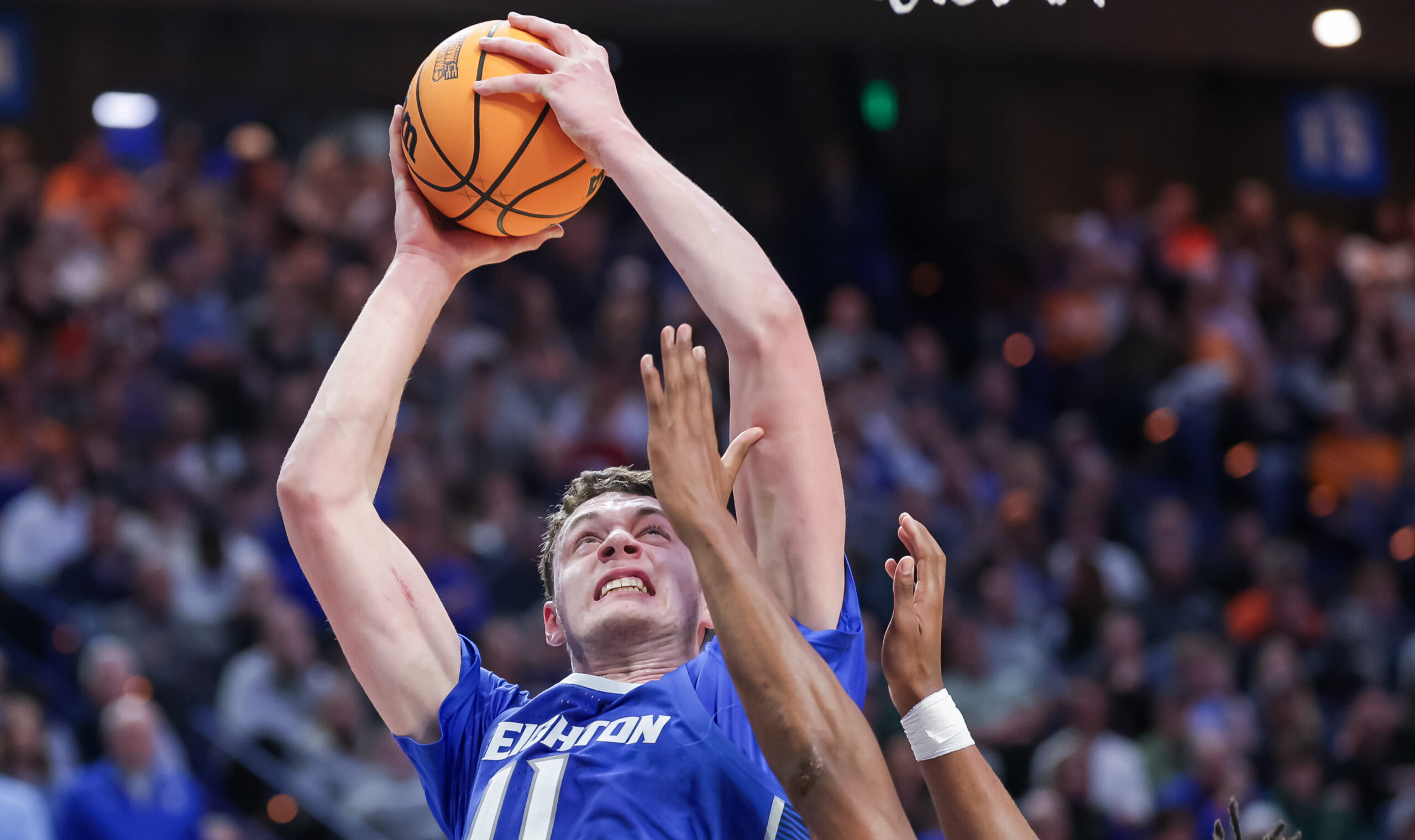


Loading the Elevenlabs Text to Speech AudioNative Player...
As a watcher of live sporting events, I plead guilty to preferring the miracle finish to the long slog that precedes the miracle finish.
I was reminded of my inexcusable inattentiveness on Monday evening, when the Florida Gators played the Houston Cougars in the NCAA men’s basketball championship. To the astonishment of the many millions who had been with the game from its outset—who had been hanging on every free throw and foul—the Gators emerged as the late, and highly unlikely, victors over the Cougars. Along with the rest of the world, I watched the comeback, but unlike most others in the viewing audience, I only really started watching once it became obvious that it was a comeback—that is, in the game’s final minutes. You might say that I am like the child who wishes to consume the chocolate cake before finishing the chicken and broccoli.
I have no doubt that Monday’s incredible finish would have been all the more impressive or heartbreaking had it been experienced in context of the complete game, but I confess that I am less than assiduous when it comes to watching the monotonous, game-long back-and-forth of nearly any athletic endeavor. For me, to follow the early action in a game—from basketball teams exchanging points in the second quarter or a football team orchestrating a long drive just after kickoff—is akin to listening to speeches from the floor of the Senate: Even when someone other than Cory Booker is speaking and is doing so for less than a full day, I find the business of Congress to have a certain tedious quality. Wake me when the bill, if there is one, has passed.
In the case of Monday’s game, my apathy can be attributed in part to my lack of rooting interest in the championship participants. If asked before the game to select my preferred team, I would have chosen “none of the above.” I had no personal connection to either Florida or Houston, and, not being a gambler, I was unable to create a pretext for caring about one or the other—until that fabulous finish, that is. I would have rooted for whichever team had been in the throes of a mad comeback—and, in this case, that meant Florida.
I suffer from this impatience even when following a game in which I might theoretically care about the outcome. As I have previously described in this space, I have long followed the travails of the floundering Cleveland Browns, but it is a rare game that I watch from start to finish. For years, my practice has been to turn on Browns games for background noise; like many journalists, I have become accustomed to working to the pleasant hum of some sort of live television event. If, by the fourth quarter, the Browns are doing surprisingly well (or especially badly), I can usually rouse myself to focus on the balance of the game, but that is all I need. Last season, for example, I did not find it necessary to watch all of the ups and downs of the Browns’ entertainingly unreliable quarterback Jameis Winston—his unpredictability from the two-minute warning onward was more than sufficient for my purposes.
I recognize that there is something unseemly about the way in which I avail myself of the great conclusion to a game without having invested much time in the game itself. But isn’t there something profoundly American about only watching the highlights? My father used to say that the point of nearly every book or movie could be summarized in a few lines; the rest, however poetic, was exposition. I grant that few would read, say, Chekhov or watch Roberto Rossellini’s Journey to Italy with such a utilitarian mindset, but his point seems relevant to sporting events: Aren’t we all just waiting for the thrill of victory or agony of defeat—that is, the decisive and exciting conclusion?
Perhaps this explains why I am not alarmed but enlivened by the furious activity coming out of the White House. The previous inhabitant of the West Wing sleepily presided over the status quo—a border crisis, unfair trade arrangements, rampant wokeness throughout civil society—but his replacement is a man bound and determined to rapidly effectuate change. In sports terms, his administration is nothing but highlights: the pursuit of tariffs, the seeking of peace, the attempt to make fulsome use of executive power—these things are all pursued as though the game clock is ticking down.
Some of the president’s actions are on the mark and others are misguided or mistaken. But the sum total of all this activity is at least as exciting as that Florida–Houston game and for roughly the same reason: As Americans, we have been lulled into watching a long, slow, plodding game for most of our lives, but in the final period, we have finally been given something worth watching.
Now if only the incomparable Ian Eagle would cover trade wars rather than buzzer-beaters.
